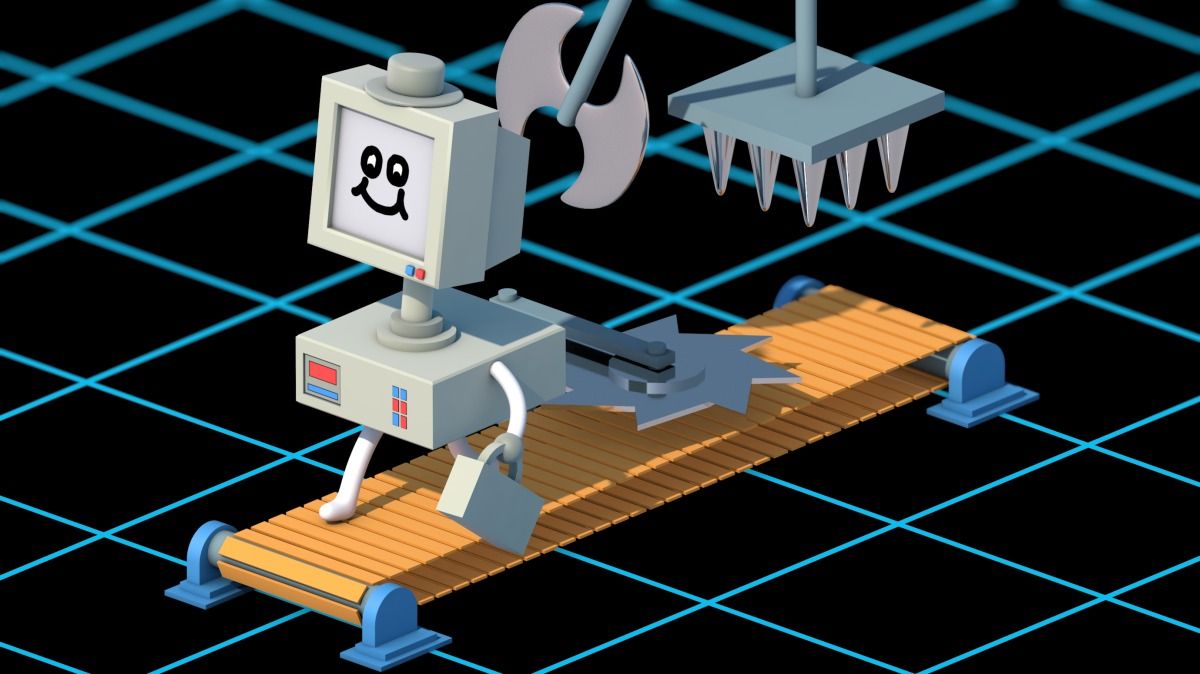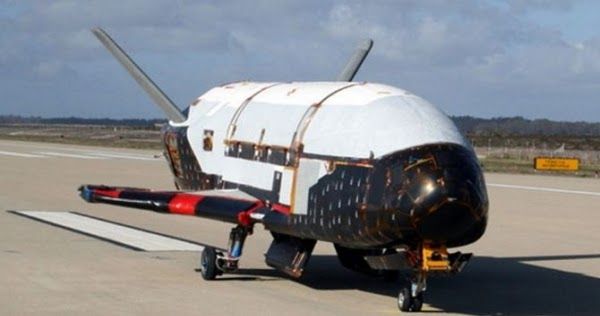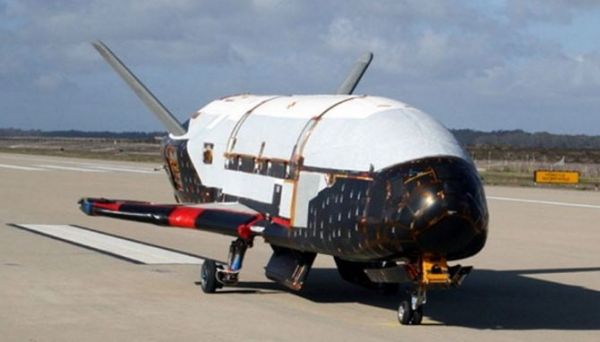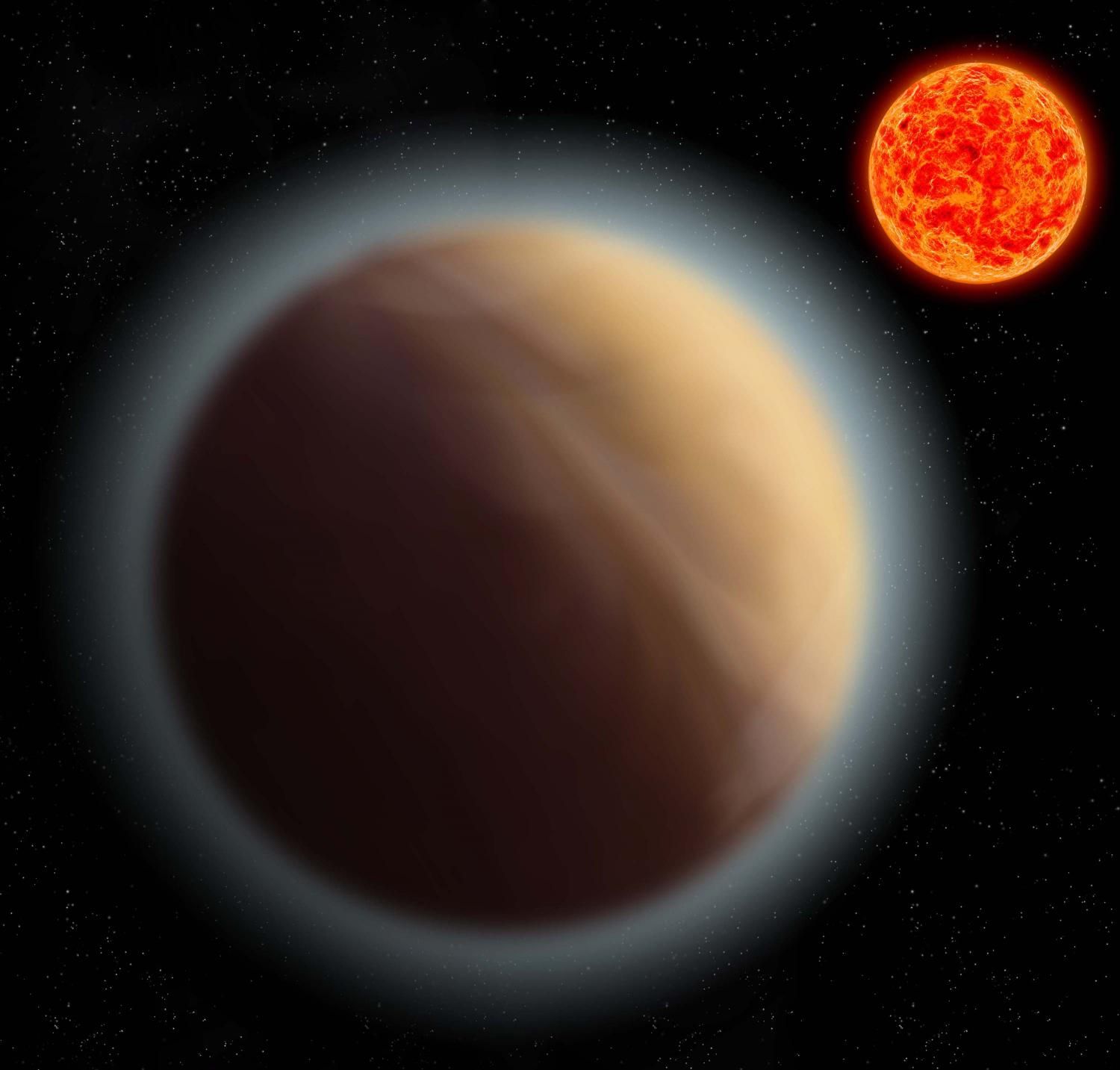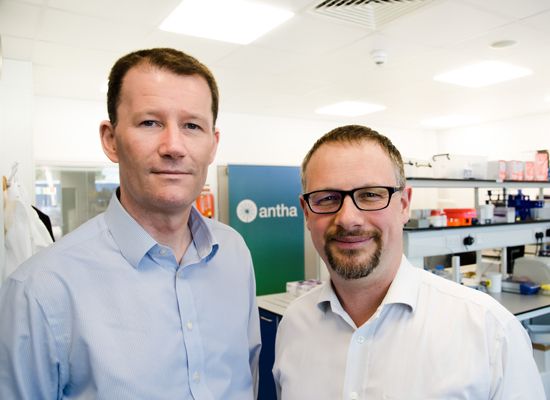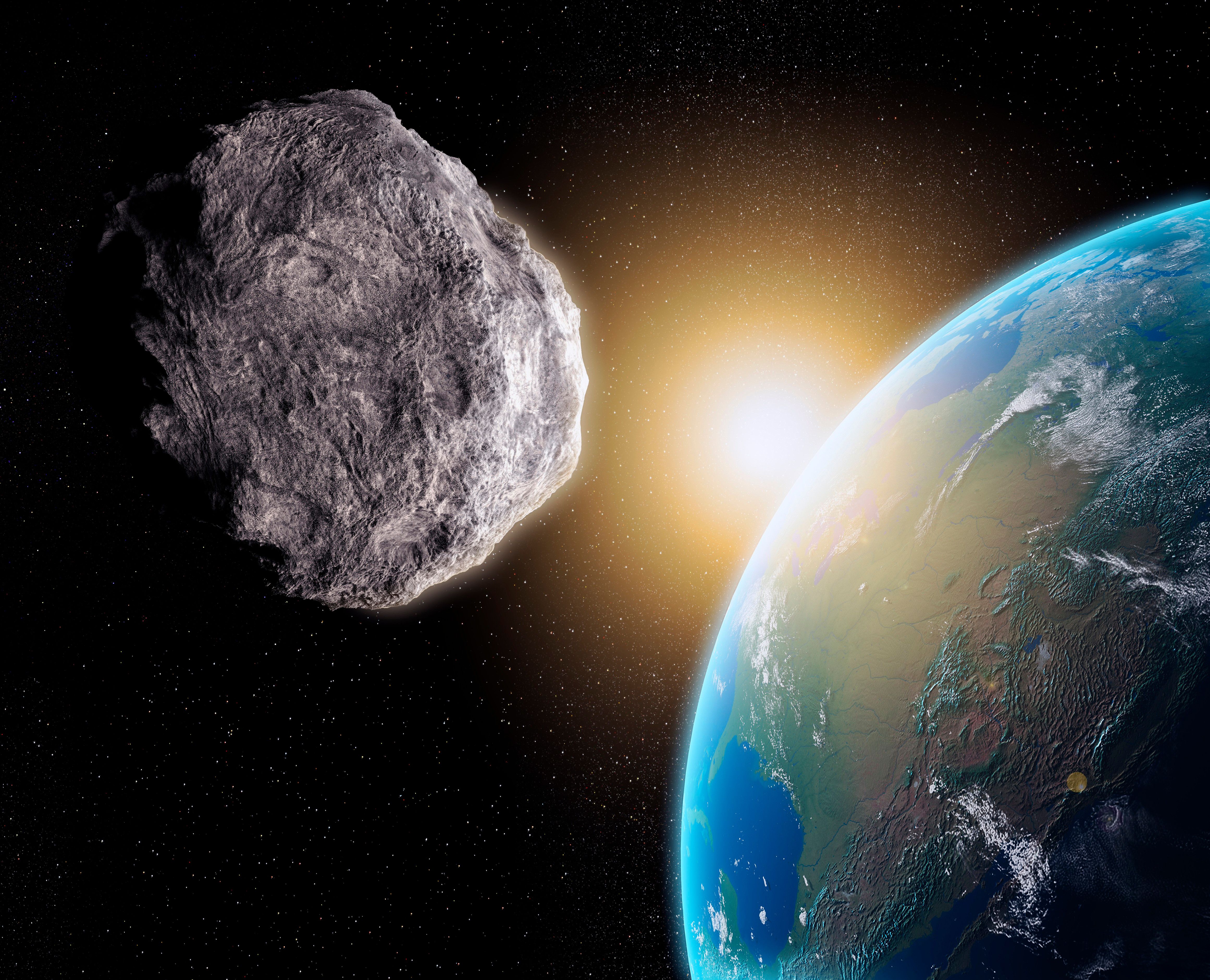Page 10141
Apr 6, 2017
Mystery of How Black Holes Collide and Merge Starting to Unravel
Posted by Dan Kummer in categories: cosmology, physics
Once upon a time, two black holes collided, releasing energy which undulates across the universe. Little is known about these reverberations — dubbed “gravitational waves” — including how they were formed in the first place. However, a University of Birmingham astrophysicist told Sputnik science may now have the beginnings of an answer.
It’s believed that around 1.3 billion light years away from Earth, two black holes cataclysmically collided, releasing energy — gravitational waves — which undulates across the universe like ripples in a pool.
Gravitational waves had long been speculated upon, and were a major prediction of Albert Einstein’s 1915 general theory of relativity, but the existence of these wrinkles in the fabric of space-time was only confirmed in September 2015.
Continue reading “Mystery of How Black Holes Collide and Merge Starting to Unravel” »
Apr 6, 2017
Continued claims that the EMDrive is being tested on the X-37B
Posted by Sean Brazell in categories: government, quantum physics, space travel
In November 2016 the International Business Times claimed the U.S. government was testing a version of the EmDrive on the Boeing X-37B and that the Chinese government has made plans to incorporate the EmDrive on its orbital space laboratory Tiangong-2. In 2009 an EmDrive technology transfer contract with Boeing was undertaken via a State Department TAA and a UK export licence, approved by the UK MOD. The appropriate US government agencies including DARPA, USAF and NSSO were aware of the contract. However, prior to flight, the propulsion experiment aboard the X-37B was officially announced as a test of a Hall-effect thruster built by Aerojet Rocketdyne.
China Topix repeated the claim that the X-37B was testing an EMDrive.
Continue reading “Continued claims that the EMDrive is being tested on the X-37B” »
Astronomers have detected an atmosphere around the super-Earth GJ 1132b. This marks the first detection of an atmosphere around a low-mass super-Earth, in terms of radius and mass the most Earth-like planet around which an atmosphere has yet been detected. Thus, this is a significant step on the path towards the detection of life on an exoplanet. The team, which includes researchers from the Max Planck Institute for Astronomy, used the 2.2-m ESO/MPG telescope in Chile to take images of the planet’s host star, GJ 1132, and measured the slight decrease in brightness as the planet and its atmosphere absorbed some of the starlight while passing directly in front of their host star.
While it’s not the detection of life on another planet, it’s an important step in the right direction: the detection of an atmosphere around the super-Earth GJ 1132b marks the first time an atmosphere has been detected around a planet with a mass and radius close to Earth’s mass and radius (1.6 Earth masses, 1.4 Earth radii).
Astronomers’ current strategy for finding life on another planet is to detect the chemical composition of that planet’s atmosphere, on the lookout for certain chemical imbalances that require the presence of living organisms as an explanation. In the case of our own Earth, the presence of large amounts of oxygen is such a trace.
Apr 6, 2017
Brain-zapping helmet holds promise for weight loss, anxiety
Posted by Dan Kummer in categories: biotech/medical, neuroscience
Apr 6, 2017
The FDA Just Greenlit the First Consumer DNA Tests for Disease Risk
Posted by Bryan Gatton in categories: biotech/medical, health
At times, DNA testing can feel more like horoscopes than science. In many cases, we just don’t know enough about a gene to say what it means for our health. For this reason, the Food and Drug Administration has sought to protect consumers by preventing DNA testing companies from telling them whether or not they’re are at risk for a certain disease. Until now.
Apr 6, 2017
New partnership set to transform the engineering of biology
Posted by Carse Peel in categories: biological, engineering
News from Cambridge businesses. Network members upload news here about their products, services and achievements.
Apr 6, 2017
Jeff Bezos says Blue Origin will usher in a ‘golden age of space’
Posted by Carse Peel in category: space travel
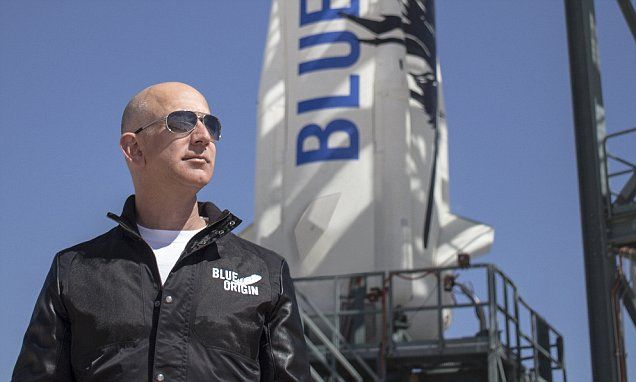
Speaking at the annual Space Symposium Bezos outlined his ambitious plans and said he was ‘super optimistic’ there would be a good market for this thrill-seeking trips starting in 2018.
Amazon CEO Jeff Bezos revealed that he will be selling $1 billion (£800 million) of Amazon stock every year to fund his space travel company Blue Origin.
Continue reading “Jeff Bezos says Blue Origin will usher in a ‘golden age of space’” »
Apr 6, 2017
Goldman Sachs says mining platinum from asteroids is a ‘realistic’ way for bankers to earn BILLIONS
Posted by Carse Peel in category: space travel
THE global investment bank Goldman Sachs has claimed mining asteroids for precious metals is a “realistic” goal.
It has released a report exploring the possibility of using an “asteroid-grabbing spacecraft” to extract platinum from space rocks.
